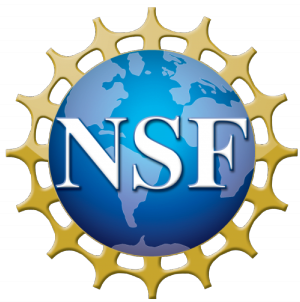September 1st, 1993 | RESEARCH
The authors argue that schools should be communities where students learn to learn. In this setting teachers should be models of intentional learning and self-motivated scholarship, both individual and collaborative (Brown, 1992; Brown & Campione, 1990; Scardamalia & Bereiter, 1991). If successful, graduates of such communities would be prepared as lifelong learners who have learned how to learn in many domains. The authors aim to produce a breed of "intelligent novices"(Brown, Bransford, Ferrara, & Campione, 1983), students who, although they may not possess the background knowledge needed in a new field, know how to go about gaining that knowledge. These learning experts would be better prepared to be inducted into the practitioner culture of their choosing; they would also have the background to select among several alternative practitioner cultures, rather than being tied to the one to which they were initially indentured, as in the case of traditional apprenticeships.
Document
(no document provided)
Team Members
Gavriel Salomon, Editor, University of HaifaAnn Brown, Author, University of California, Berkeley
Doris Ash, Author, University of California-Santa Cruz
Martha Rutherford, Author, RPP International
Kathryn Nakagawa, Author, Arizona State University
Ann Gordon, Author, University of California-Santa Cruz
Joseph Campione, Author, University of California, Berkeley
Citation
Identifier Type: isbn
Identifier: 978-0521574235
Publication: Distributed Cognitions: Psychological and Educational Considerations
Page(s): 190
Funders
Tags
Audience: Educators | Teachers | Evaluators | Museum | ISE Professionals
Discipline: Education and learning science
Resource Type: Edited Chapter | Reference Materials
Environment Type: Informal | Formal Connections | K-12 Programs | Professional Development | Conferences | Networks | Professional Development and Workshops

